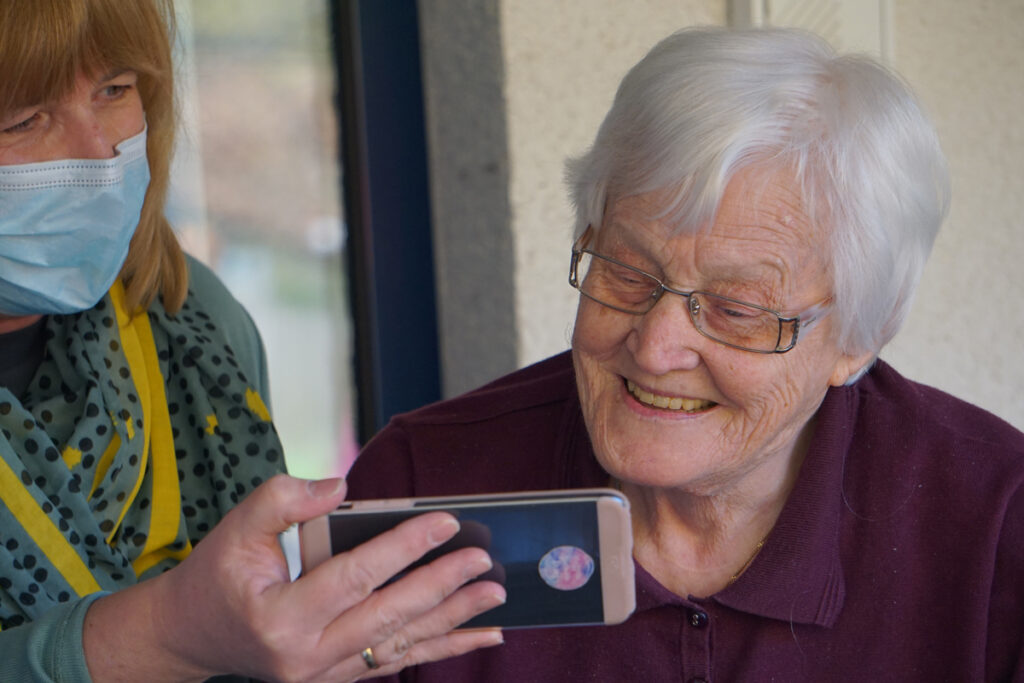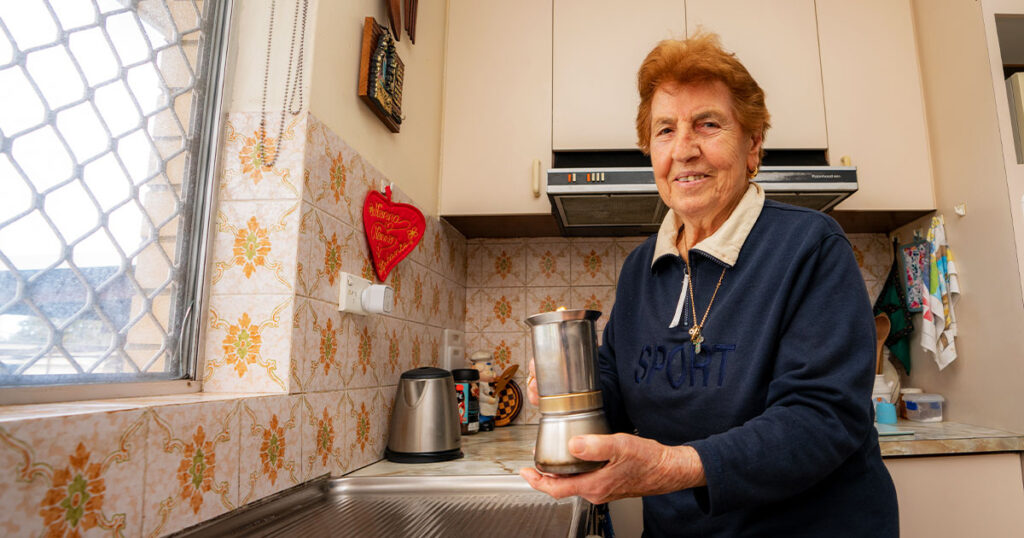InteliCare has submitted a proposal to the Royal Commission into Aged Care Quality and Safety with recommendations to maximise the potential of assistive technology.
Responsible for reviewing the quality of aged care services and whether those services are meeting the needs of the Australian community, the commission is currently welcoming suggestions to improve how aged care is being delivered.
From the insights already provided by the commission’s review, InteliCare sees some obvious drivers for the growing demands to reform home-based aged care:
- The ageing Australian population and growing demand on an antiquated aged care system has become financially and resources unsustainable.
- Growing focus on consumer experience and the desire by consumers to have choice and control to manage their own care environment.
- Growing expectations of ageing in-place either in a consumer’s own home or in accommodation settings of their choosing.
- A necessity within the health system more broadly to prevent avoidable hospitalisation of aged Australians by preventing the common causes of hospitalisation associated with living at home or in chosen accommodation.
- The increasing diversity of older Australians and the complexities of their requirements including the increasing need to focus on wellness, reablement and restoration.
These are serious challenges to the capacity of the current service system, the capabilities of established providers to adjust within an old and rigid system, and the ongoing financial sustainability of the sector. Additionally, providers still make decisions on behalf of consumers and funding is still managed by providers, which doesn’t always deliver efficient or re-ablement outcomes.
What is emerging is the need for a more integrated service system to respond to these drivers. At a time of significant technological advancement, we can and should do better to meet the needs and growing expectations of older Australians and their families.
The latest research paper prepared by the Royal Commission confirmed that the overwhelming preference of the vast majority of Australians when they need aged care is to remain independent and living at home and avoid moving into a residential care facility if at all possible – it was also confirmed that most people would be prepared to pay a contribution feed to remain at home.
However, currently, the focus on assistive technology is too narrow. It is often centred just on telehealth and personal duress systems for care monitoring.
In 80% of falls, people with alarms did not use them and 27% resulted in the person laying on the floor for 1+ hours. These systems are post-hoc mitigants and do not address broader health and wellbeing.
We wholeheartedly support the finding by the Royal Commissioners in the Interim Report:
Neglect that the aged care system “require(s) different care models, investment in new expertise, reconsideration of funding models and a stronger, closer interface with the acute health care sector”.
It is within the spirit of the Interim Report that we request the Royal Commission consider three short term key reforms to maximise the potential of assistive technology.
InteliCare’s Recommendations
- That the Medicare scheme be amended to permit Doctors to prescribe intelligent assistive technology and to permit Hospitals to discharge aged patients with intelligent assistive monitoring technology.
- That the Department of Veterans Affairs healthcare scheme be amended to permit Doctors to prescribe intelligent assistive technology and to permit Hospitals to discharge aged patients with intelligent assistive monitoring technology.
- That the Federal Government undertake a public communications campaign to ensure Doctors and aged Australian’s are aware that intelligent assistive monitoring technology systems can be prescribed and that they permit aged Australians to remain in their homes longer.
These recommendations can unlock a range of assistive initiatives through technology which will help keep the aged in their homes longer if that is their choice, prevent unnecessary hospitalisation and address questions around connectedness and loneliness.
However, without these policy changes, it is our concern that these benefits will remain unrealised and the gap between consumer needs and provider services will continue to grow.






